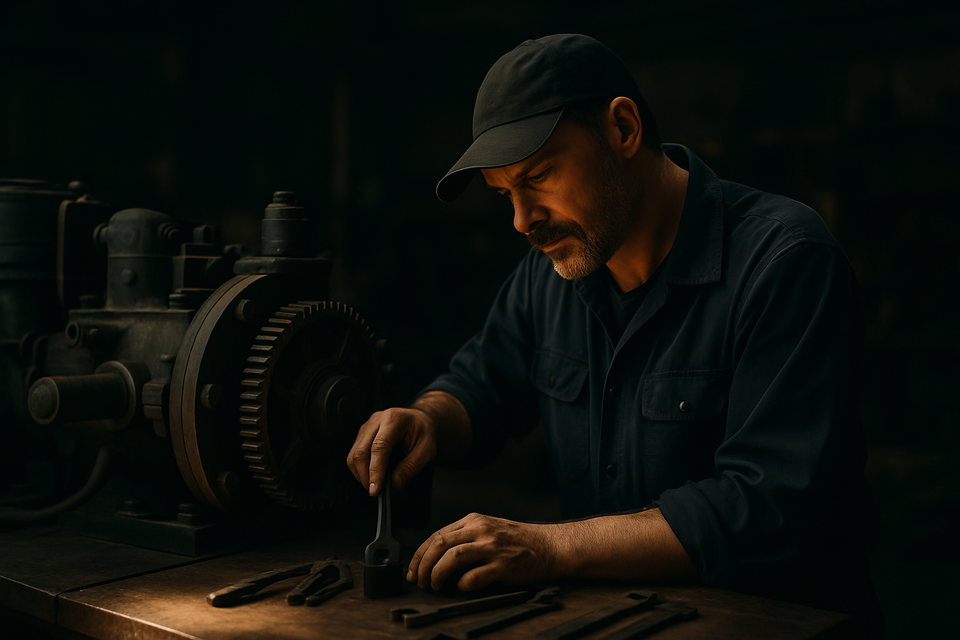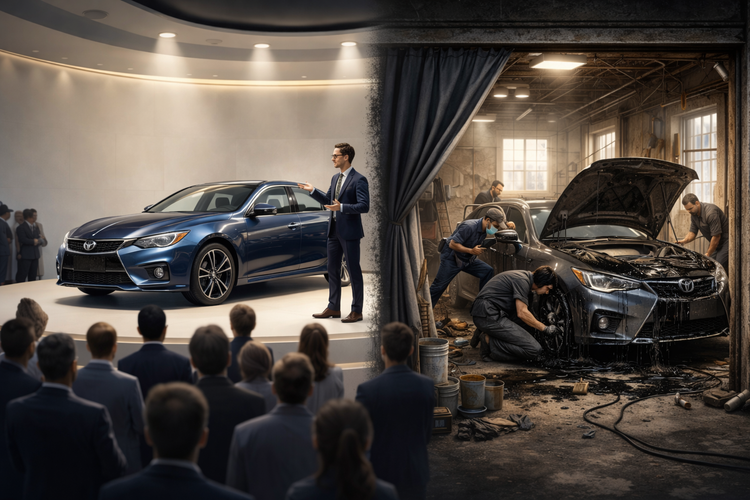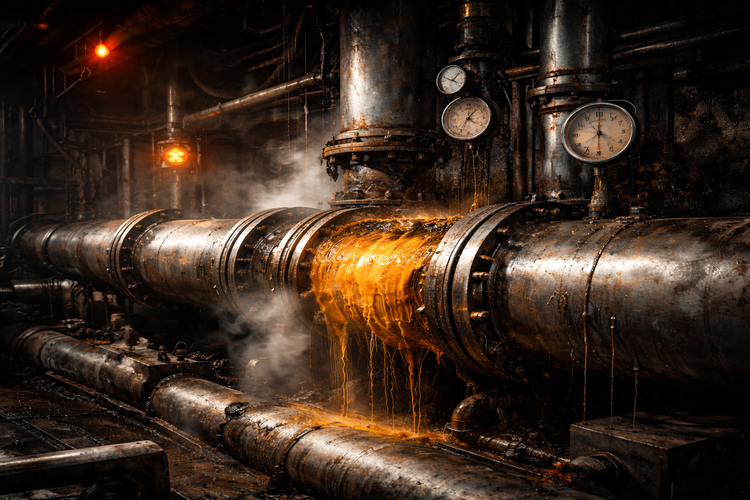An Ode to Anti-Heroes

"We do not need more heroes. We need systems that work even when no one is watching."
In technology, charisma holds little value. Visibility receives undue praise. And speed, when not paired with clarity, causes more damage than progress.
The modern technology industry suffers from a hero complex: individuals who claim victories, dominate discussions, or rush deliveries. These voices often sound the loudest, appear the boldest, and bypass the system rather than strengthen it. Yet in complex organisations, heroism does not scale. It distorts priorities, conceals fragility, and leaves no legacy worth inheriting.
A different archetype must now rise: the anti-hero. The quiet builder. The structural thinker. The individual who safeguards clarity without seeking recognition.
Anti-heroes do not act passively. They act with precision. They face risk and absorb it. They resolve chaos through discipline. They raise their voice when alignment, not attention, demands it.
Many confuse boldness with brilliance. Yet the most valuable contributors within a system frequently avoid the spotlight. Not out of fear, but in service of focus. They commit their energy to fixing the system, not gaming it. Under pressure, they pause just long enough to see clearly. While others hurry to act, they seek to understand.
In an anti-hero culture:
- Engineers gain trust through stewardship rather than urgency.
- Leaders model uncertainty and reward deep questions above fast answers.
- Teams measure strength not in volume, but in durability and clarity.
Such a culture does not oppose excellence. It redefines it. It moves away from performative urgency and toward structural contribution. The anti-hero reflects and asks: What do I leave behind? What failure can I prevent, not merely fix? What clarity can I create for those who follow?
This idea stretches well beyond software. In medicine, the finest surgeons demonstrate consistency over flair. In aviation, exceptional pilots follow procedure with rigour. In architecture, the best work endures beyond its creator. In each of these fields, true mastery remains anti-heroic. It seeks no applause. It demands enduring results.
Hero culture often satisfies short-term needs. Yet it seldom repeats. It creates fragility. It fosters dependence on exceptional individuals. It frequently leaves a trail of debt, technical or otherwise, for others to resolve.
Anti-hero culture, in contrast, produces leverage. It embeds strength into the system. It scales quietly because it decouples value from visibility.
This is not a defence of mediocrity. It is a defence of disciplined excellence. The anti-hero still leads. Yet they do so by cultivating environments where stronger ideas prevail, not by absorbing the spotlight. They remove ego from the feedback loop. They step forward when necessary, and step aside when appropriate.
This spirit echoes throughout the final chapters of Foundations of Excellence, where curiosity, resilience, and quiet clarity receive architectural treatment. Not as slogans. Not as instincts. But as conditions built into the system.
Curiosity is not a personal trait. It forms a system condition. It flourishes only when reinforced through rhythm, reflection, and leadership posture. Most crucially, it depends upon a culture that embraces questions, encourages doubt, and values introspection, elements incompatible with a hero-based environment.
This is why anti-heroes matter.
They do not wait to be told to think deeply.
They have never stopped.
They do not ask, "What is in this for me?"
They ask, "Will this hold when I have gone?"
Fewer heroes. More clarity. More durability. More systems that hold under pressure.
This strength will not emerge from the loudest individuals. It will come from the quietly committed. The ones who shape defaults, nurture depth, and build conditions others can trust.
Excellence does not perform. It endures.
And anti-heroes, though often invisible, maintain that condition, day after day, release after release, question after question. The anti-hero may go unnoticed. But the system they shape never will.





Member discussion